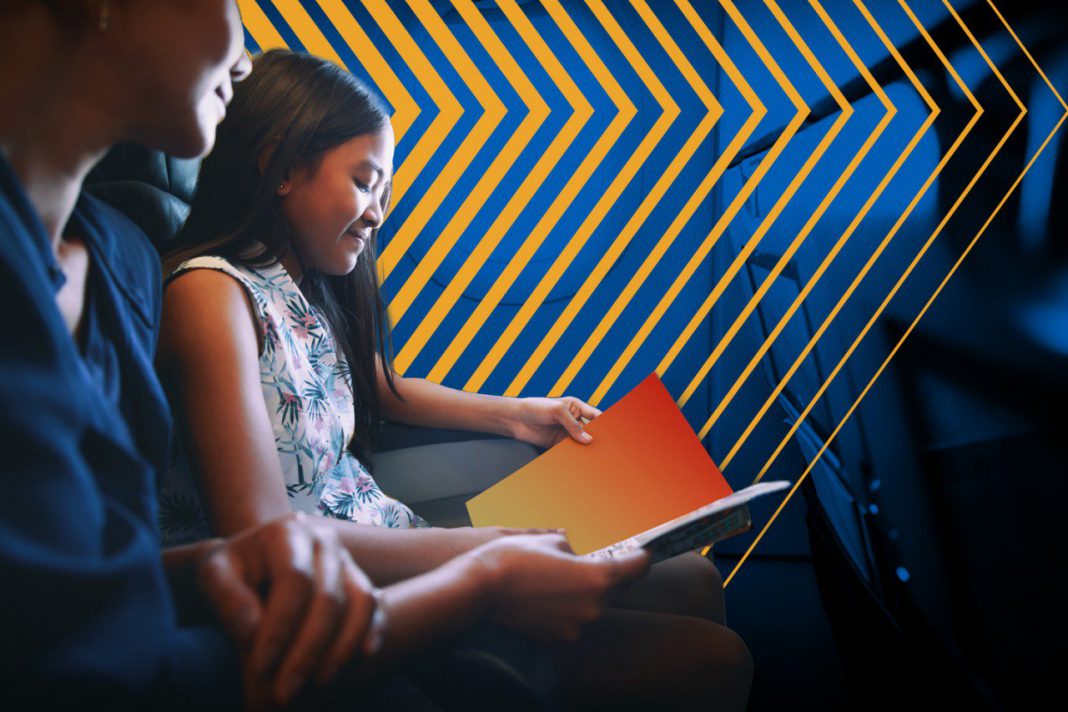Despite the encouraging traveler volumes seen in many markets in 2024, travellers continue to be impacted by a range of frustrations while on a journey, according to Amadeus’ latest United States traveler survey, Friction Removed.
The research finds that while delays, planning, cost and the airport experience are among the top concerns, there is no single cause of distress, with each traveler experiencing friction differently.
When asked where friction originates while on a trip, United States travellers cite top causes of distress and concern as:
Dealing with delays/cancellations (68 per cent)
The combined cost of traveling (50 per cent)
Coordinating travel between multiple people (47 per cent)
Navigating security and border control at an airport (46 per cent)
Finding suitable accommodations (38 per cent)
However, when segmented by type of traveler, business travellers generally experienced more friction than those traveling for leisure.
For example, higher numbers of business travellers cite comparing prices across sites (44 per cent against 39 per cent), understanding fees and taxes (42 per cent against 36 per cent), and finding suitable accommodation options (45 per cent against 33 per cent) more distressing than leisure travelers.
Further differences were identified when comparing different age demographics, income levels and familiarity with traveling.
For example, a surprising 49 per cent of younger travellers said finding the correct routes and schedule for a trip is distressing, compared to only 35 per cent of those aged 65+.
Technology can help to address many traveler frustrations:
It is clear that technology can have the biggest impact in overcoming the gaps that currently exist in the traveler experience.
When asked how helpful technology is at reducing travel-related distress, mobile apps for planning (89 per cent), automatic rebooking for delays, digital bag tracking tags, integrated travel booking across airlines and hotels, and fully digital identification and travel documents (all 86 per cent) were cited as useful by most travelers.
“We are focused on making the travel experience better for everyone, everywhere.
“By delving deeper into the root causes of United States traveller frustrations, we can explore ways to overcome them, and technology has a big part to play.
“Whether it is biometrics, mobile apps, digital traveler identification, disruption management, or other applications, we believe there are opportunities to deploy technology to further relieve distress and create more seamless journeys,” said Rajiv Rajian, executive vice president and chief commercial officer, Americas, Travel, Amadeus.
Technology is important – but so is the human touch:
Friction Removed research also points to a number of situations where travellers want more human interaction. Leisure travelers sought the human touch at:
Airport security and border control (44 percent)
Hotel and accommodation check-in and check-out (43 percent)
Leisure travellers also see a significant role for human input when it comes to planning almost any type of journey, led by:
Family trips (where 47 percent of respondents want more human interaction)
Accessibility-focused trips (47 percent)
Cruise (46 percent)
Solo (43 percent)
Group (40 percent)
“Technology can make a significant impact in overcoming travel friction and remains our unwavering mission.
“Amadeus’ move to the cloud enables greater collaboration around innovation focused on improving the end‑to‑end traveler experience.
“By innovating with our customers and partners – including airports, hoteliers, travel sellers, airlines, payments and corporations – and leveraging data orchestration across the trip lifecycle, together we can help breakdown silos across the travel ecosystem that today often stand in the way of seamless travel experiences,” concluded Robert Buckman, senior vice president, solution consulting, Amadeus.


